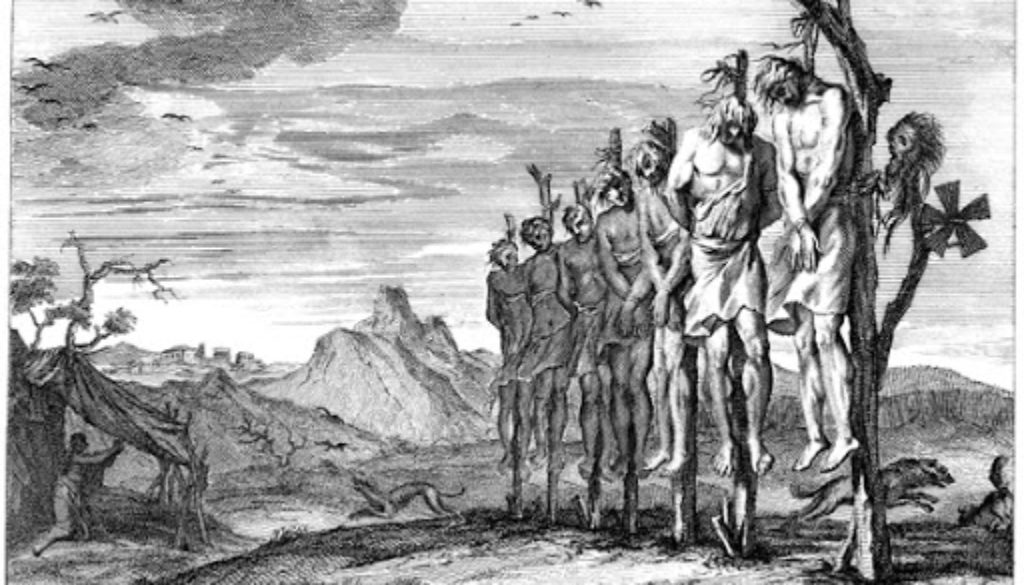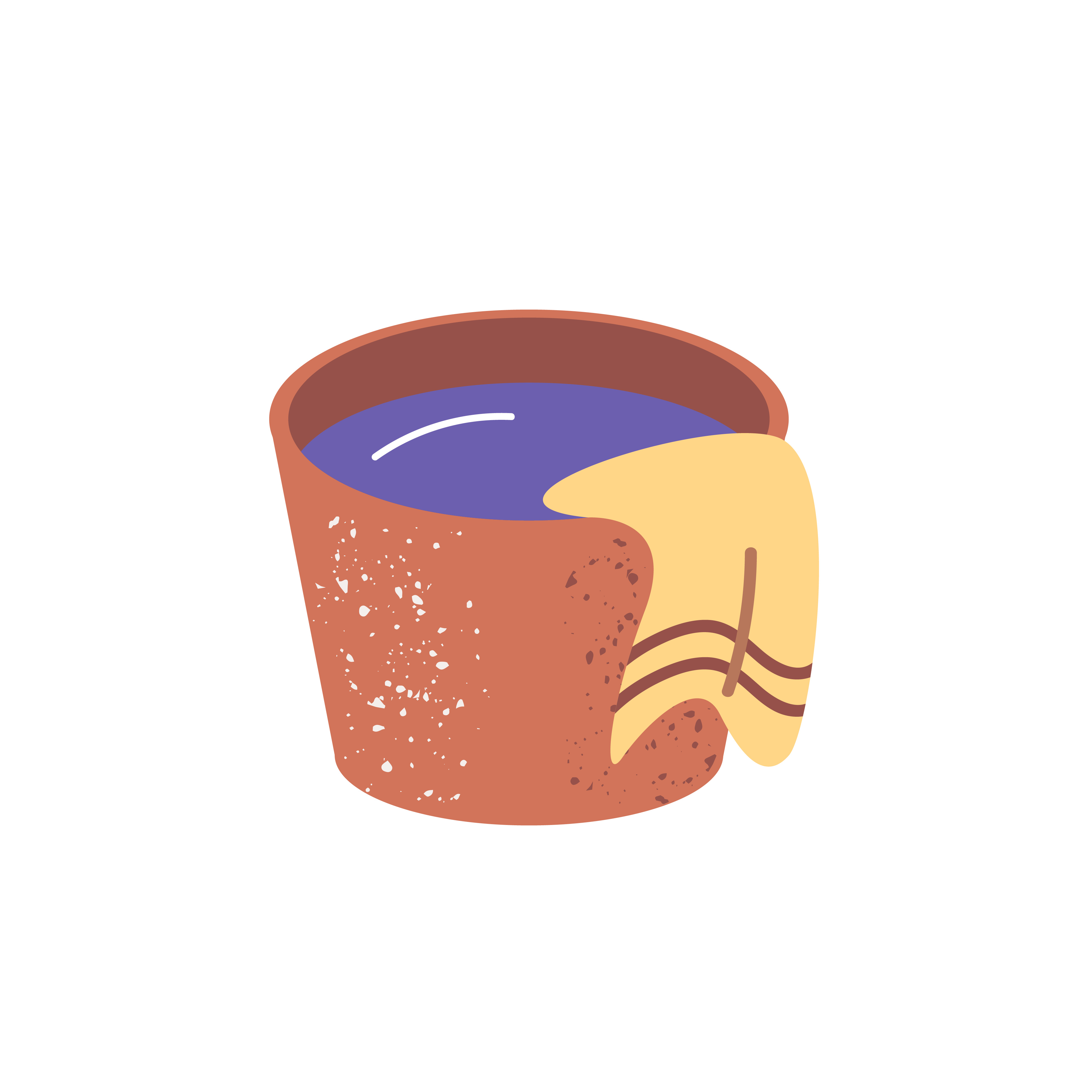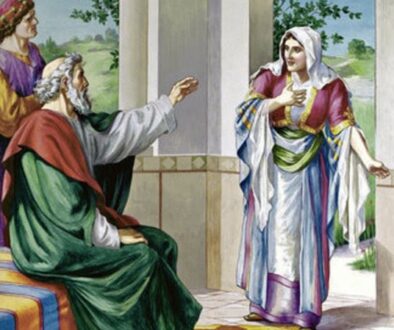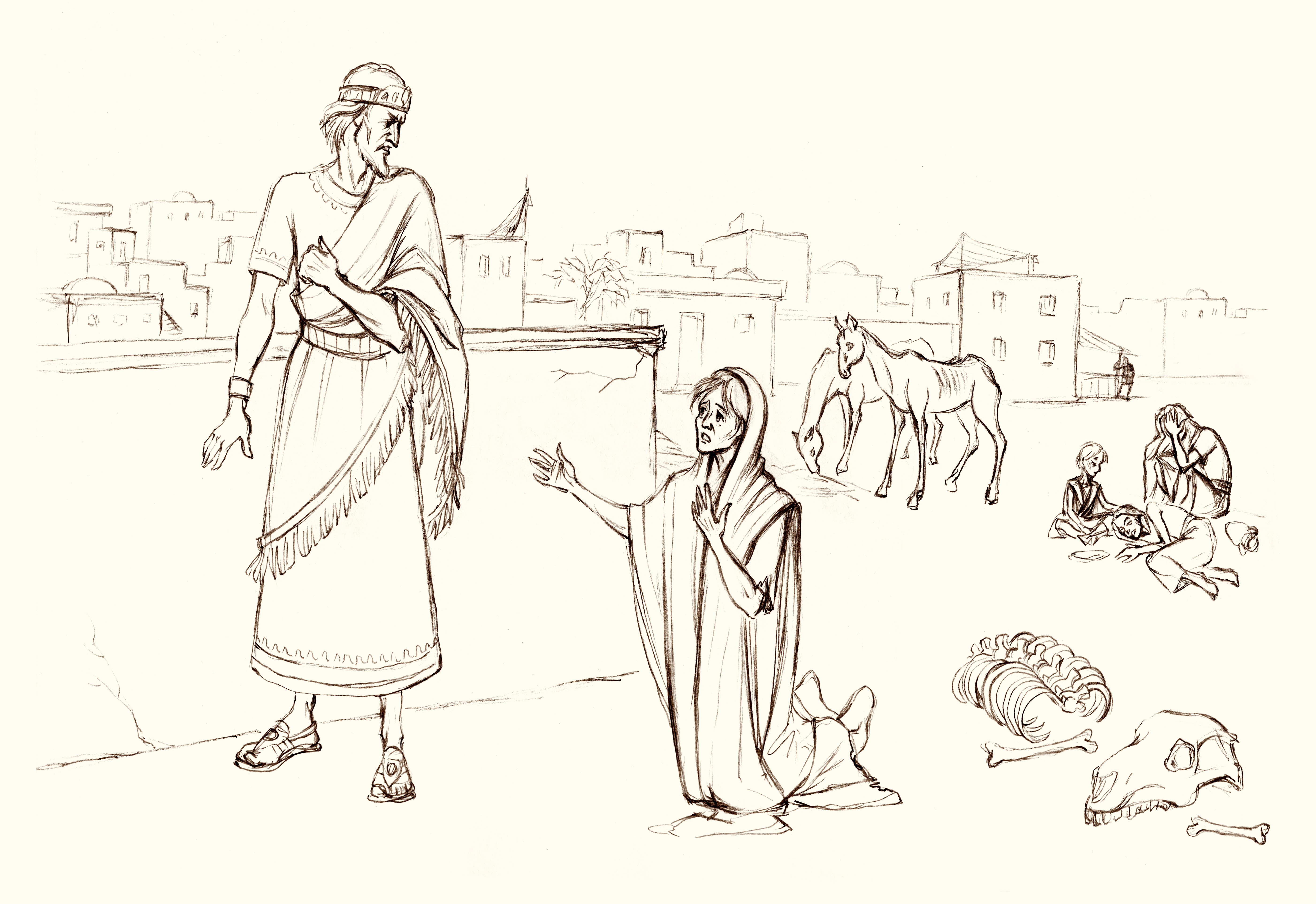2 Samuel 21 Retribution
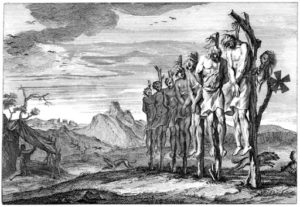
There is a famine in the land during David’s reign. Something is wrong, so David consults the Lord. Retribution must be paid for Saul’s sin against the Gibeonites.
The Gibeonites were the people who tricked Joshua into making an alliance with them when Israel was new to the Promised Land. The words that Joshua and the people swore to them was for ALL generations. Saul broke that agreement by actively seeking to rid Israel of their presence. We aren’t given an explicit example of his actions, but he killed them on enough occasions that God took notice.
The Gibeonites didn’t ask for retribution from Israel for Saul’s actions. God demanded it. It wasn’t a straight forward command. It was through a decrease in blessings. David had to search out the answer to their current problem. When the trouble was uncovered, David offered recompense to the people. Let’s rejoin our story and see where the Spirit takes us today.
♥ ♦ ♥
The people of Israel are hungry. There has been little to no rain for three long years. As a result the crops that used to grow lush and full are dry and brittle. The backbreaking task of carrying water to them has kept the people from starving, but now even the rivers and streams are nearly depleted. If the Lord doesn’t send rain soon there won’t be anything left but dust.
David has heard the people’s pleas. They have asked him to solve their issue. He knows he is as powerless as the rest of the people when it comes to personally resolving this issue. But he knows the One who can solve it; the Lord.
David goes to the tent holding the Ark of the Lord. His needs are serious and there is no better place to meet with the Lord than at His feet. Taking a position in front of the door, David lies face down on the ground. He lifts his face just far enough off the dirt to be able to speak his request to the Lord.
“Lord of all creation. God of the universe. Most holy above all things. Your people cry out to You for relief. You have withheld the rains from them. The grasses wither and the trees fail to bring forth fruit. What sin has Your servants committed against You that You deal thus with them? Tell me that I may know how to atone for this sin.”
The Lord did not remain silent. He didn’t speak in a voice that the rest of the people could hear, but He spoke so that David could hear. “There is bloodguilt on Saul and on his house, because he put the Gibeonites to death” (2 Samuel 21:1c).
This is a serious matter. David doesn’t know the exact times or events leading to Saul’s persecution of the Gibeonites, but he knows that God does. And if God is bringing it to the attention of Israel, through removing His blessings.
The Gibeonites and Israel have a long history. They were forced to serve Israel instead of being one of the nations conquered when God led the people into the Promised Land through Joshua. They tricked Israel into making a covenant with them. They lived but their treachery meant that their lives, from that moment one, were to be spent in service. Until Saul began trying to wipe them from Israel. And that breach of covenant had to be atoned for.
After receiving his answer, David returned to his home and sends a messenger to the Gibeonites that remained. “The Lord has commanded a recompense for sins committed against you. Come to Jerusalem to stand before the king. He will satisfy this debt.”
Two days later the leaders of the Gibeonites stands before David in his throne room. Both parties to this meeting know of the debt that is owed without even needing of specifying and particular events. David began the talks.
“What shall I do for you? And how shall I make atonement, that you may bless the heritage of the Lord?” (2 Samuel 21:3).
The leader of the Gibeonites carefully frames his answer. “It is not a matter of silver or gold between us and Saul or his house; neither is it for us to put any man to death in Israel” (2 Samuel 21:4a).
David cannot leave the matter unresolved. He pushes on for an answer. “What do you say that I shall do for you?” (2 Samuel 21:4b).
“The man who consumed us and planned to destroy us, so that we should have no place in all the territory of Israel, let seven of his sons be given to us, so that we may hang them before the Lord at Gibeah of Saul, the chosen of the Lord” (2 Samuel 21:5-6a).
“I will give them” (2 Samuel 21:6b) replied David. This is the price of recompense for the bloodguilt. The only way to satisfy this debt.
The Gibeonite leaders go away for now. David searches out the descendants of Saul. When David originally searched for someone of Saul’s house he could honor, Mephibosheth, Jonathan’s son was brought to him. But Mephibosheth is not all that remained of Saul’s house. Saul had two sons by his concubine Rizpah who still live. Their names were Armoni and Mephibosheth. These two lives are not enough to satisfy the debt of bloodguilt. David has to look to Saul’s children’s children to fulfill the number required by the Gibeonites. David will NOT include Jonathan’s son in this number because of the oath that he had sworn to Jonathan. The only remaining “sons” of Saul are those born to his daughter Merab. She had born five sons to Adriel the son of Barzillai the Meholathite. These would complete the payment for the house of Saul’s bloodguilt.
The seven men are taken from their homes and assembled together before David. He feels bound to share with them their fates and the reasons behind it. They will die for the sins of their father, not because David wanted it but because God required it. Blood for blood.
David addresses them as one. “This day your lives will be required of you. Not for your sins but for those of your father, Saul. The Lord requires that the bloodguilt of Saul against the Gibeonites be satisfied. The Gibeonites have requested seven of Saul’s sons pay this price. You will be hanged together at Gibeah to satisfy this debt. Make certain your sins are atoned for and your lives are in order so none of this will rest on your souls. You have until sunset to complete this task. Then you will be in the hands of those your father wronged.”
Each man is allowed to leave David’s presence to put his affairs in order. Each are followed by two of David’s men, in case the man tried to escape his portion. None did. With the dignity of king’s sons, they accepted their fates. This doesn’t mean that there was no mourning over what could have been, or tears shed in saying ‘goodbye’ to their families. When the hour approaches, each of Saul’s descendants makes his way back to the court of David.
At sunset the seven sons of Saul appeared before David. The leaders of the Gibeonites also appeared before him. To the Gibeonites David said, “The seven sons of Saul you have required stand before you. Do with them as you have said.” To Saul’s sons David said, “May the Lord show mercy on your souls.”
The Gibeonites bind the hands of Saul’s sons and lead them from the throne room. David watches them go with both sorrow and hope. Sorrow for the lives lost. And hope for the forgiveness of sin for Israel. There is no other way to satisfy this debt.
On what would be the first day of the harvest at the beginning of barley season, if there had been any rain, the seven sons are hanged together on a hill in Gibeah. The debt is now paid.
Not everyone counts the matter closed though. Rizpah, the mother of Armoni and Mephibosheth, takes sackcloth and spread it on a rock nearby. She lays on it from the time her sons are hung until the rain falls again from Heaven. She does this because the bodies of Saul’s sons are left lying exposed on the hillside. They were cut down at sunset on the day they were hung, but not buried. Their bodies lie beneath the trees where they breathed their last. Rizpah keeps the birds of the air and the beasts of the field from touching their bodies. She watches over her sons, even in death.
David hears of her ministrations to her sons and is touched beyond measure. Now that the debt is satisfied, they deserved a decent burial. He wants bury them with their father. But to do this, he has to retrieve Saul’s and Jonathan’s bones from the people of Jabesh-gilead.
When Saul and Jonathan fell to the Philistines, their bodies were displayed on the wall of Beth-shan. The men of Jabesh-gilead came by night and retrieved their bodies as an act of gratitude for Saul’s standing with them in battle when he was first anointed king. David had honored these men when he became king for the kindness they had shown. Now he needs another kindness from them. He needs them to surrender of the bones of Saul and Jonathan.
David goes himself to make this request. He is accompanied by his personal guards and Zadok the priest. He intend to show all honor possible to Saul and Jonathan during this transition.
The leaders of Jabesh-gilead meet David when he arrived at their city. They bowed before him.
“What may we do for our king?”
“I seek the bones of Saul and Jonathan. I would lay them in the tomb of Kish, Saul’s father, along with the bones of his sons who have paid the price for his bloodguilt required by the Lord.”
“We have heard that someone would be bringing us such a request. We have already prepared them for your arrival.”
An ornate box is brought forth and placed at David’s feet. In it were the bones of both Saul and Jonathan.
“I thank you for the care you have given the Lord’s anointed. You are welcome to accompany Saul and Jonathan on this final journey if you desire.”
“We do and we had prayed you would offer this honor.”
The group sets out for Gibeah. It consists of David, his guards, Zadok, and five elders of the people of Jabesh-gilead. They arrive in Gibeah the next day.
The tomb of Kish is opened for David and his party. The elders of the people of Jabesh-gilead personally place the box containing Saul and Jonathan’s bones on a shelf inside the tomb. David’s guards carefully gather the bones of Saul’s sons from beneath the trees where they had hung. Rizpah rises from her rock and anoints each of them with oil before they are laid inside the tomb. Then the tomb is resealed. Kish, Saul, Jonathan, and the seven sons of Saul rest together inside.
David and the people leave the tomb. Rizpah returns to her place on the rock. She continues to wait. She doesn’t have much longer to wait. The clouds begin to gather in the distance and the wind pushes them over Israel. They are laden with rain; a gift from the Lord. As great drops of rain fall on Rizpah, she lifts her head towards heaven.
“Lord God of Abraham, of Isaac, and of Jacob. Thank You for honoring the sacrifice of my sons. I will go home in peace now.”
After completing her prayer, she rises and returns to her home.
The bloodguilt between the Lord and His children has been removed. Israel once again enjoys the blessings of the Lord on their land.
(to be continued)
I reshaped or rephrased a bit of the timeline. In the story, it isn’t clear when the rain comes. We aren’t even told that the bodies were taken down, but God told Israel not to leave anyone hanging on a tree past sundown. I assume that David followed this requirement of the law, even though it was the Gibeonites who hung Saul’s sons. For Rizpah to be protecting their bodies, they had to be left unburied.
Can you imagine being a mother and watching your children treated so callously? She didn’t have the ability to do any more than keep the birds and wild animals away. She refused to rest until her children, and Saul’s grandchildren, were at rest as well. I believe that the God held back the rain until those who paid the price for Saul’s actions were given a proper burial. That debt had to be cleared from the ledger too.
Father God, THANK YOU for not requiring the children to pay for the father’s sins any longer. This world would be devoid of life, the way sin is so rampant in the world today. Thank You for caring about Rizpah too. You touched David’s heart because she touched Yours.

